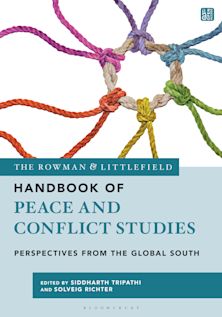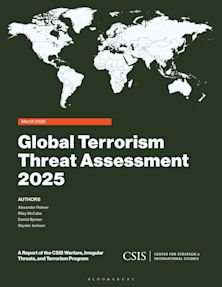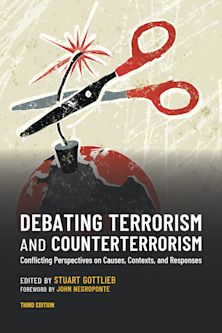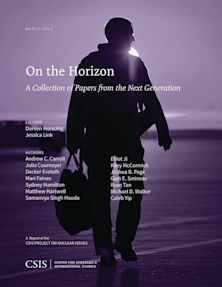Europe Alone
Small State Security without the United States
Europe Alone
Small State Security without the United States
This product is usually dispatched within 2-4 weeks
- Delivery and returns info
-
Flat rate of $10.00 for shipping anywhere in Australia
Description
Since the end of World War II and the breakup of the Soviet Union in 1991, the United States has taken the lead in maintaining European security through its membership in NATO. However, the economic and political positions of both the United States and Europe have changed in the last seventy-five years, leading many to wonder if America is still willing and able to provide for Europe’s security needs, especially at a time when the Russian Federation has become a more aggressive military and political player. Europe Alone explores the prospects of European security in a future when the United States may no longer be a reliable partner. Leading security scholars offer a multifaceted approach to the changing role and meaning of national security into the future. They look at European security issues from the perspective of small states and seek to broaden the concept of security beyond traditional domestic policing or national defense.
Table of Contents
Vytautas Šlapkauskas
PART I: GEOPOLITICAL CHALLENGES AND SECURITY THREATS
2 The End of the American Century: European Security without the United States
David Schultz
3 The Complexity of Defense of the Small States in the Shadow of Russia's Power: The Case Analysis of the Baltic States
Giedrius Cesnakas
4 Economic Security Indicators during the COVID-19 Pandemic: A Cross-Country Comparative Analysis
Žaneta Simanaviciene, Arturas Simanavicius, and Alla Cherep
5 The Emerging Concepts of Energy Security: Energy Resilience
Gintaras Labutis
6 Ecological Threats
Egle Štareike
7 Terrorism as a Global Threat to Security
Gediminas Gediminas Buciunas
PART II: CHALLENGES AND THREATS TO EU AND NATIONAL SECURITY
8 EU Security Policy and Priorities: Highway or a Cliff at the End of the Road?
Mantas Bileišis and Svajune Unguryte-Ragauskiene
9 Organized Crime and Corruption as a S
Product details
| Published | 23 Sep 2022 |
|---|---|
| Format | Hardback |
| Edition | 1st |
| Extent | 464 |
| ISBN | 9781538167281 |
| Imprint | Rowman & Littlefield |
| Illustrations | 8 b/w illustrations; 32 tables; |
| Dimensions | 238 x 158 mm |
| Publisher | Bloomsbury Publishing |
Reviews

ONLINE RESOURCES
Bloomsbury Collections
This book is available on Bloomsbury Collections where your library has access.



































